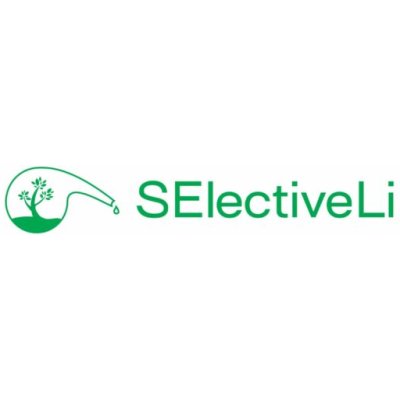
SElectiveLi
Conceptual Study of Electrochemical based novel process using Lignosulfonates to produce bio-based monomers & polymers

Conceptual Study of Electrochemical based novel process using Lignosulfonates to produce bio-based monomers & polymers
Bio-based industries are central to building a European circular economy; meanwhile, using Europe’s own biomass resources improves raw material security by reducing reliance on fossil-based feedstock imports.
However, extracting higher-value compounds from lignin (a by-product of paper and pulp production), one of the most important low-cost feedstocks, is currently inefficient and expensive. The SElectiveLi project will address this challenge by using electrochemical processes that take advantage of surplus energy available via smart grids. This should reduce the cost of production as well as making it more effective and environmentally superior.
Using this approach, SElectiveLi will extract a range of aldehydes for potential food, adhesive, and pharmaceutical applications and intermediates for conversion into polymers. It will also develop downstream separation and purification processes for the latter.
As well as its overall objective of establishing the value of electrochemical processes in bio-based feedstock and future commercialisation, SElectiveLi will deliver a number of potential environmental and societal impacts. It will:
The SElectiveLi project aims to deliver a number of impacts. It seeks to: